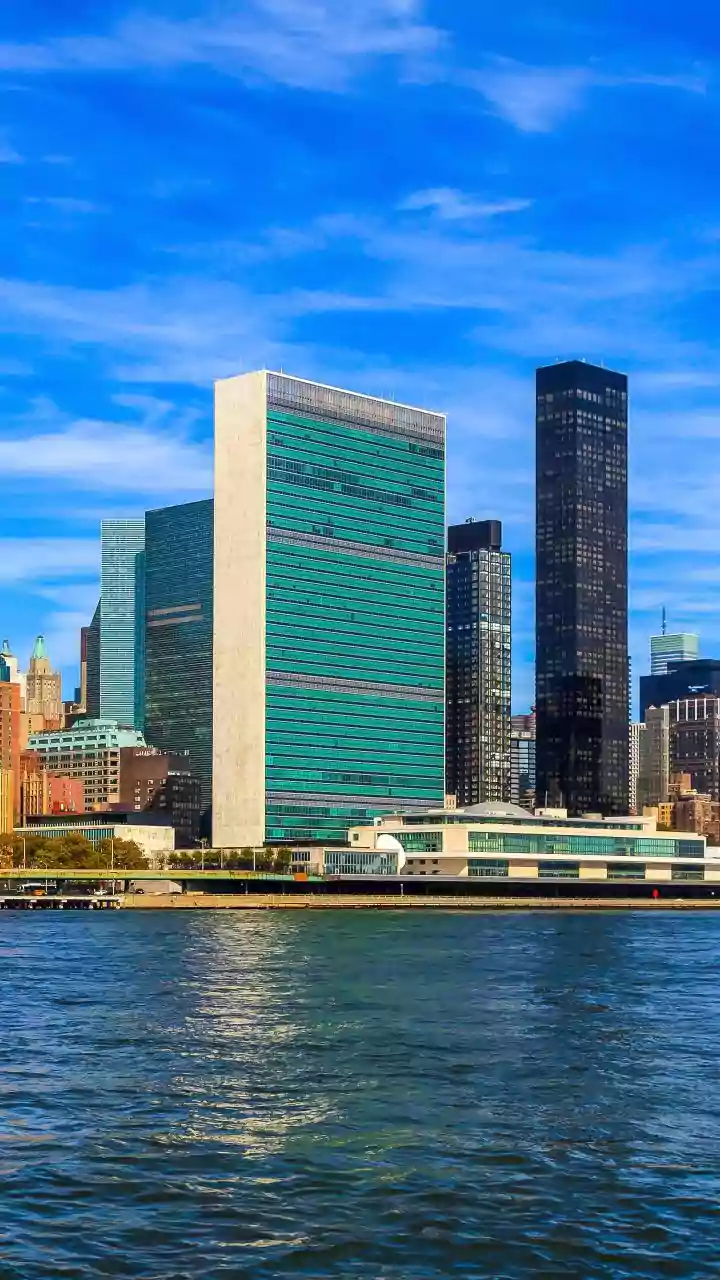Planning Your Journey
Embarking on a trip often begins with the intricate art of planning. A well-structured itinerary is the cornerstone of a successful adventure, ensuring
that every moment is optimized and that potential pitfalls are avoided. Before even considering the destinations, one should thoroughly assess personal financial resources and establish a realistic budget, encompassing expenses for transport, lodging, food, and activities. Researching various travel options, from affordable flights and accommodations to budget-friendly public transport, can result in significant savings. Furthermore, creating a detailed itinerary involves setting up a timetable that takes into account the length of stay, the desired activities, and the distances that need to be covered. By meticulously planning ahead, travelers can not only save money but also ensure an organized and fulfilling travel experience.
Destination Selection
Choosing the right destination is the most crucial part of travel planning. The decision should reflect an individual’s interests and desires, whether it's the thrill of an urban expedition, the peacefulness of a rural getaway, or the allure of a cultural immersion. A traveler should consider personal passions to determine if the destination aligns with their aspirations. Researching potential locations allows for a deeper understanding of the local cultures, attractions, and seasonal variations. Examining travel blogs, websites, and guidebooks can provide invaluable insights into the best times to visit, local customs, and must-see places. Furthermore, consider the activities that are readily accessible in the region, such as hiking, watersports, or visiting historical landmarks. By merging personal interests with the available local resources, travelers can narrow their options to create a trip that is personalized.
Budgeting and Savings
Maintaining a firm grasp on finances is crucial for ensuring a pleasant travel experience. Before the trip, setting up a budget that covers all possible expenses, from transport and accommodation to meals and activities, is essential. Once the budget is finalized, one should investigate the possible ways to save money, like looking for reasonably priced lodging and food. For example, staying in hostels or guesthouses can be a more economical choice compared to luxury hotels. Eating like a local at markets and food stalls is also a clever way to keep the expenses down. Additionally, travelers can take advantage of numerous discounts and special offers, like using credit cards that offer travel rewards or purchasing tourist passes that offer affordable access to attractions. To control costs, travelers should look to plan the expenses ahead of time and consistently monitor their spending, keeping a detailed log of every transaction. This proactive approach ensures a financially manageable and stress-free vacation, thus minimizing the chances of exceeding the pre-established limits.
Cultural Immersion Experiences
Immersing oneself in the local culture significantly enhances the travel experience, allowing for a deeper understanding and appreciation of different ways of life. Engage in local customs by trying the food, learning basic phrases, and respecting local customs and traditions. Participating in cultural activities, such as taking cooking classes or partaking in local festivals, provides travelers with an engaging look into the local way of living. Connecting with the local people is also an effective way of gaining a deeper understanding of the culture. Interacting with local people through small talk, or seeking their recommendations on local restaurants and attractions provides an insight into the cultural aspects of the region. To completely immerse oneself, travelers should be open to trying new experiences, embracing the unexpected, and allowing themselves to step outside their comfort zone. By embracing these opportunities, travelers can create lasting memories and foster a profound respect for cultural diversity, thus enriching the overall travel experience.
Packing Essentials
Packing efficiently is vital for a smooth travel experience. Create a detailed packing list tailored to the destination's climate, culture, and activities. The list should include essential items such as appropriate clothing, comfortable footwear, and personal care products. Always prioritize versatility when choosing clothes. Consider selecting items that can be mixed and matched to maximize their use. For colder locations, layering clothes is vital. Prioritizing space-saving techniques, such as rolling clothes rather than folding them, helps to reduce volume and creates more room in your luggage. Pack essential accessories such as a universal adapter, travel-sized toiletries, and any necessary medications. Remember to always keep important documents such as passports, visas, and flight tickets in a secure and accessible location. By creating a carefully considered packing list and organizing luggage strategically, travelers can reduce the stress of travel and ensure a seamless experience.
Staying Safe Abroad
Ensuring personal safety and security is a top priority for any traveler. Before departure, research the safety standards of your destination, considering factors like crime rates, political stability, and natural disaster preparedness. Prior to leaving home, it's wise to make copies of your essential documents, storing them separately from the originals. This includes your passport, ID, and any relevant insurance information. Inform reliable individuals of your travel plans and regularly share your location with them. During your travels, remain mindful of your surroundings, be cautious of your belongings, and keep your valuables safely secured. Avoid displaying expensive jewelry or carrying large sums of cash. Moreover, learn about local emergency contacts, such as police and hospitals. Familiarizing yourself with these crucial safety measures will help in preventing any mishap, thus ensuring peace of mind during your adventure.














